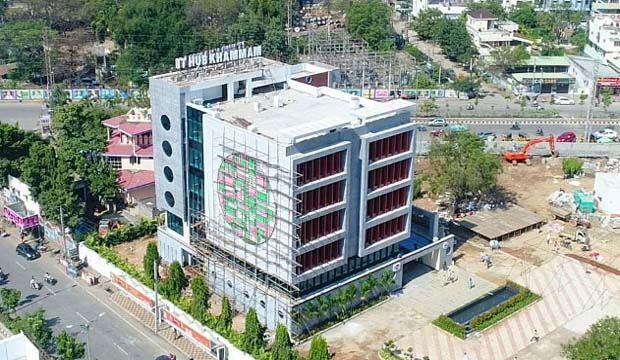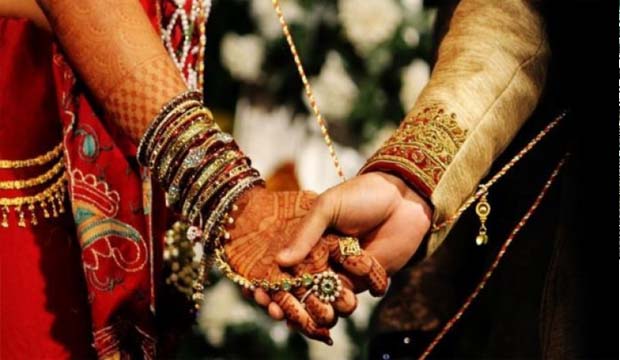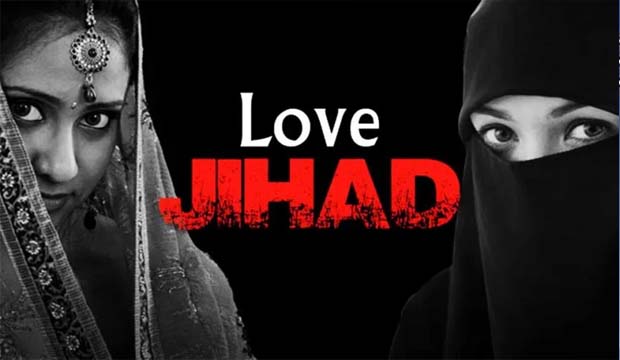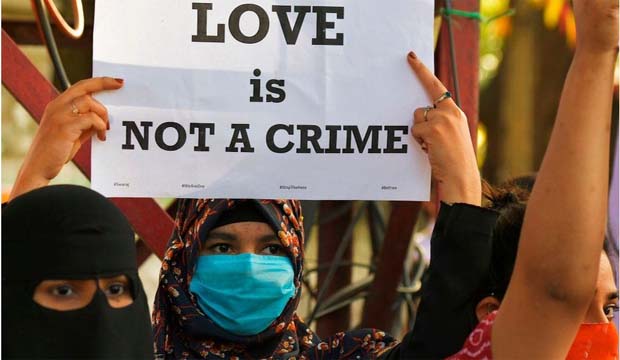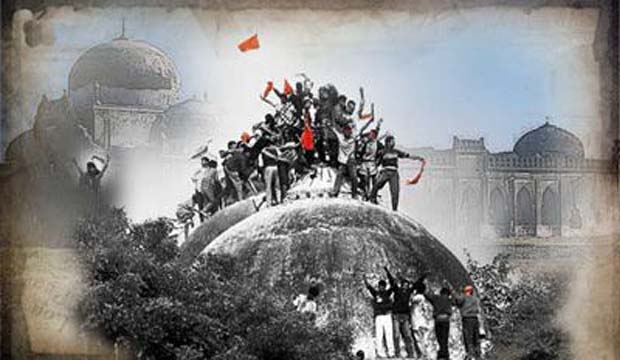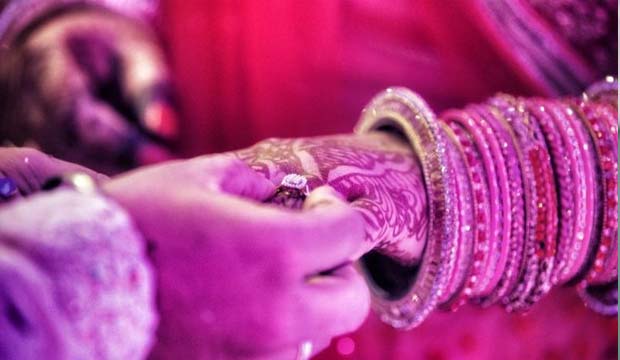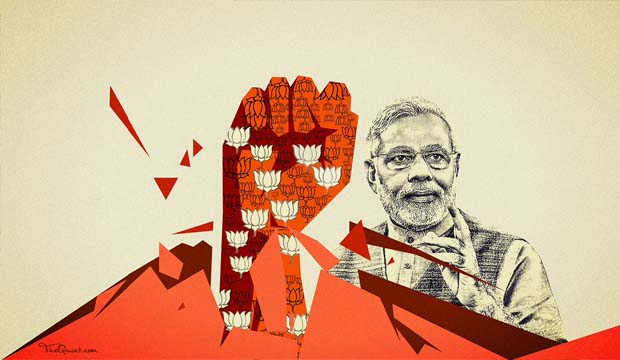
Though right-wing organisations extend superficial support to a uniform civil code, their opposition to interfaith marriages and religious conversion lay bare their intentions.
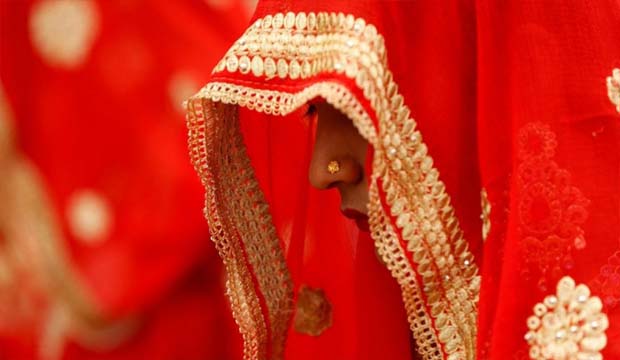 The simultaneous agenda of introducing a uniform civil code (UCC) on the one hand and opposing interfaith marriages on the other puts Hindu nationalism in an extraordinary bind. And one that it has historically been unable to resolve. The contradiction is revealing of their superficial and even misunderstood support for a uniform family law. This should make apparent, also to the many liberal fence-sitters on the UCC debate, why the Indian women’s movement has repeatedly opposed the idea of a uniform law, particularly when the template of such a code is to be produced by the BJP. Legislating on marriage and divorce has increasingly become a pursuit for surveillance, even as “women’s rights” remain the entry point for state intervention. Such interventions often encourage litigiousness, ultimately restricting women’s choices – on who they can marry and when and how they can exit a marriage.
The simultaneous agenda of introducing a uniform civil code (UCC) on the one hand and opposing interfaith marriages on the other puts Hindu nationalism in an extraordinary bind. And one that it has historically been unable to resolve. The contradiction is revealing of their superficial and even misunderstood support for a uniform family law. This should make apparent, also to the many liberal fence-sitters on the UCC debate, why the Indian women’s movement has repeatedly opposed the idea of a uniform law, particularly when the template of such a code is to be produced by the BJP. Legislating on marriage and divorce has increasingly become a pursuit for surveillance, even as “women’s rights” remain the entry point for state intervention. Such interventions often encourage litigiousness, ultimately restricting women’s choices – on who they can marry and when and how they can exit a marriage.
A tedious marriage act
In the recent propaganda by the Hindu Mahasabha and the RSS against ‘love jihad’ geared against religious conversion for marriage may appear as an argument that favours the Special Marriage Act (which allows inter-religious marriage without conversion). In reality, however, these organisations have historically opposed mixed marriages – with or without conversion. The enactment of the Special Marriage Act is itself a story of India’s fears of exogamy, its discomfort with religious conversions, and remains one of the many mechanisms for surveillance. Never having had any consensus on a universal code, the enactment of the Special Marriage Act in 1954 remains the closest law that can somewhat claim religious-neutrality. Lok Sabha debates at the time of its enactment reveal that for many parliamentarians, the Act embedded secularism in the institution of marriage as a ‘freedom’ to love.
Yet, while it was applauded for enabling religion-neutral civil marriage, it was also thwarted for encouraging ‘abductions and seductions’ as inter-religious marriages became legitimised. V.G. Deshpande of the Hindu Mahasabha was particularly vocal in his disapproval of the Act, stating that “The woman who uses this Act enters her matrimonial home with a red flag of revolution, revolting against Manu and Yagnavalakya, against the wishes of her father.” The Act was simultaneously deemed secular and blasphemous.
The suspicion around the Act has persevered. Provisions such as the verification of marriage thirty days after its registration are used frequently by the families of eloping couples to track them down. In their submissions to the Law Commission of India in 2018, women’s organisations had highlighted the extent to which family members were subjecting consenting couples to scrutiny and even threats. Visibility before the state made eloping couples vulnerable. In extreme cases, this led to murders and “honour killings”. Yet the state remained suspicious of inter as well as non-religious marriages and procedurally, the Special Marriage Act continues to be tedious.
Further, some casual procedures have emerged around the registration of civil marriages under the Special Marriage Act. One such procedure requires couples to file an affidavit stating that no First Information Report (FIR) is lodged against any of them before they can register to marry. FIRs are common in cases when couples are attempting to elope. Families often file kidnapping and abduction cases against their daughter or sister’s lovers. Accusations of rape along with kidnapping remain common. This also contributes to the existing police apathy towards women and engenders a common perception among the police that ‘most rape cases are false’. Thus, couples can almost never guarantee on an affidavit that there were no FIRs against either of them. Undue police enquiries precede the confirmation of marriage under the Special Marriage Act defeating its very purpose as a law that enabled inter-caste and inter-religious marriages.
Couples marrying without the consent of their parents frequently opt for temple-weddings, Arya Samaji weddings, or weddings after conversion to Islam. Although far from ideal, conversion in reality has emerged as the practical way to cohabit as a couple, in a country where neither inter-faith, inter-caste nor living-in couples can earn societal approval.
Even as the courts have settled the question on fraud or bigamous marriages solemnised by misuse of religious conversion, propagandists would have us believe that were it not for the temptations of Muslim personal law, Hindu men would remain monogamous and Hindu women without easy options to convert would indeed choose endogamy. Marriage, however, is just one of the planks on which religious conversion is opposed.
The conversion controversy
Legal action to assuage anxieties over religious conversion is not new in India. In 1968, the governments of Madhya Pradesh and Orissa enacted the ‘Freedom of Religion Bill’ to regulate religious conversions. These state legislatures believed that the Christian missionaries had been taking unfair advantage of vulnerable sections of the society by ‘luring’ lower caste individuals, women and tribal communities into Christianity by offers of medical and educational benefits upon conversion. The Bill was a response to a sustained protest by the Bharatiya Jana Sangh against the work of the Christian missionaries since the late 1950s in the newly integrated areas of Madhya Pradesh (from Bihar), Raigarh, Udaipur, Jashpur and Surguja which contained significant tribal and Adivasi populations.
The Freedom of Religion Bill, 1968 made conversion from one religion to another by use of ‘force’ or ‘allurement’, a cognizable offence. The then deputy chief minister and a member of the Bharatiya Jana Sangh Virendra Kumar Sakhlecha, piloted the Bill and reiterated that it was not politically motivated but was introduced only because the missionaries were ‘conspiring’ to encourage disruptive and divisive forces in Nagaland, Mizoram and Jharkhand. He assured that the new Bill would counter this perceived danger to ‘national unity’.
The Archbishops of Vishakhapatnam and Bhopal wrote strongly worded letters to the President of India that these laws targeted Christians and were against the spirit of the constitution, as they denied Christians their right to propagate religion freely. They expressed regret and disappointment that all social services offered by Christian missionaries were dubbed as attempts to convert, overlooking their projects that were aimed at poverty alleviation and aid, that helped share the burden of the state.
The new law of 1968 required all conversions to be reported to the district magistrate and investigated by an officer of a rank not lesser than police inspector, to assess the ‘genuineness’ of the conversion. This implied that the state was not satisfied with the knowledge of conversion for census purposes alone, but wanted to monitor whether the conversion was followed through, testing the religiosity of the converted individual.
Both enactments on ‘freedom of religion’ were challenged in two famous cases before the Supreme Court, and the court upheld the validity of these enactments. Ironically, it was in the name of ‘freedom of religion’ and the freedom to propagate one’s religion was curtailed. The Janata Party government had also introduced a national Bill to this effect in 1979, which was eventually dropped by Indira Gandhi the subsequent year as she took office.
We again confront a similar circumstance where state governments are attempting to bring in draconian laws to prohibit conversion, now directed towards another religious minority. But the threat of a national law curtailing religious freedom is now very real, and judicial independence is more diminished than ever before to adequately guard against this. The law will be camouflaged as a conversation on family law, on uniform civil code, or on marriage fraud but will be directed, like much else in this regime has been, against minorities and against freedom.
Courtesy The Wire


